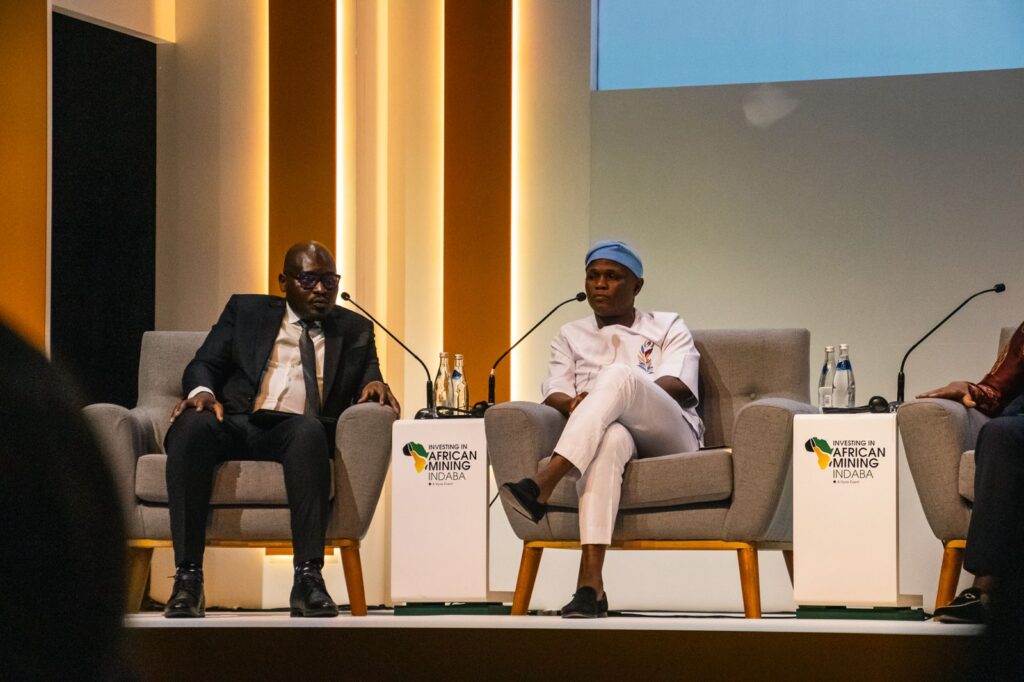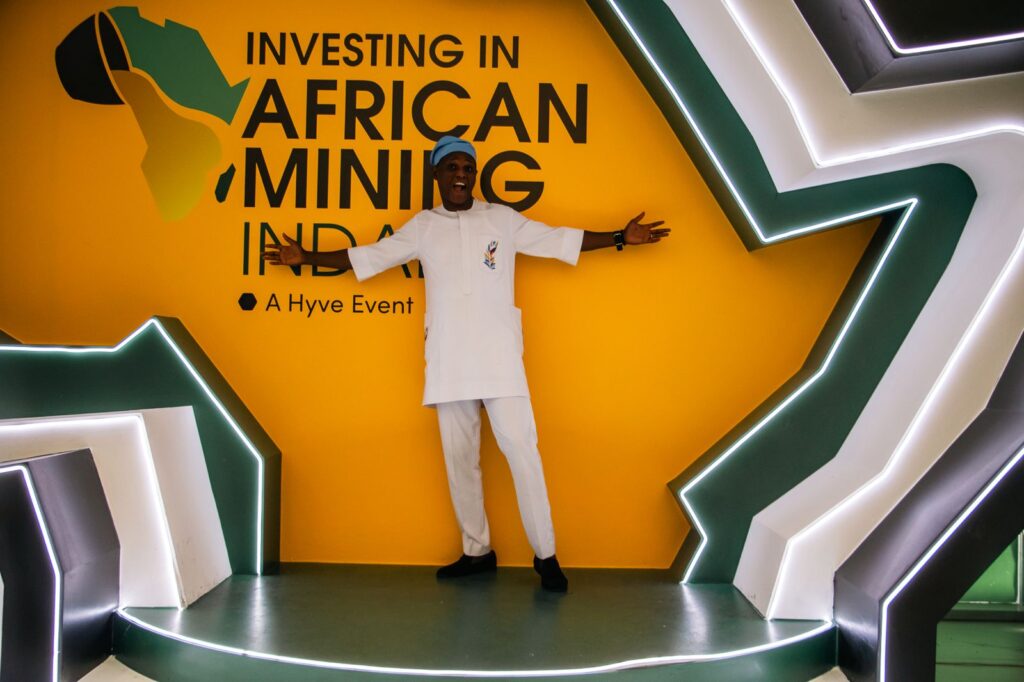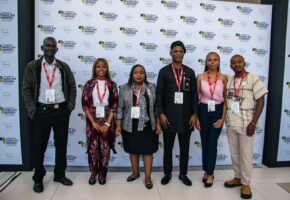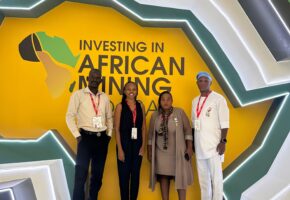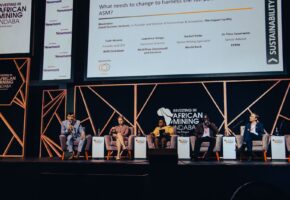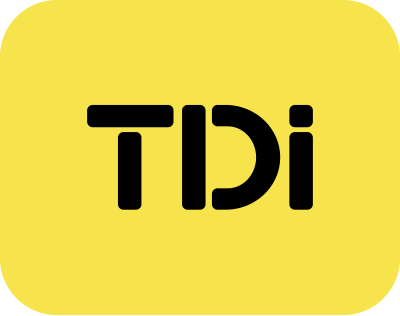Looking Ahead: The Road to Future Proofing the Mining Host Communities was the last session I attended. Experts gave the following as the solutions to future-proofing mining host communities:
- Building resilient communities that will exit the mines
- Starting beyond the lifespan of the mines. That means as you plan to mine, you should have a perspective of life after the mining ceases.
- Chief Executive Officers of yesterday should be different from the future
- Co-creating our mindset
- Empowering women is the silver bullet to future-proofing mining host communities
- Mining companies should stop creating their own mining towns. Management team should stay within communities
As MI25 came to a close, I was left with a strong sense of optimism about the future of the mining industry in Africa. The challenges are vast, but so are the opportunities. The drive toward sustainable mining is not just about environmental protection—it’s about creating better lives for the people who rely on the sector for their livelihoods.
For those of us involved in the mining industry, whether in leadership, policy, or on the ground level, this moment in time is crucial. We have a unique opportunity to shape the future of mining, ensuring that it remains a cornerstone of global economies while being socially responsible and environmentally conscious.
In conclusion, my experience at the Mining Indaba 2025 was not only an honour but also a reminder of the immense responsibility that comes with being part of such an impactful industry. It’s clear that through collaboration, innovation, and continued dialogue, the mining sector can drive positive change that benefits not just the industry but the world at large.
Until next time, I remain committed to advancing the conversations we started at the Mining Indaba, and I look forward to continuing to play my part in shaping the future of mining in Africa.
Best Regards
Omaojor Ogedoh
Voice of the Mining Host Communities


 This is a guest blog authored by Omaojor Ogedoh, the Executive Director Ziva Communities. Omaojor is one of the winners of the
This is a guest blog authored by Omaojor Ogedoh, the Executive Director Ziva Communities. Omaojor is one of the winners of the 